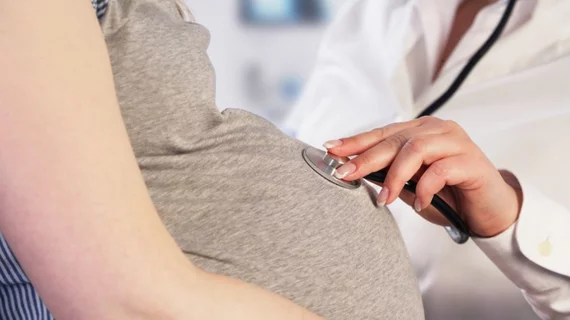ASRT: Gonadal, fetal shielding still necessary during x-rays
The American Society of Radiologic Technologists (ASRT) Board of Directors announced more research is needed before recommending the removal of gonadal and fetal shielding during x-rays, despite another medical association’s call to end the practice.
“At this time, the ASRT Board cannot endorse the proposal to remove gonadal and fetal shielding,” according to the statement. “The Board believes the community needs to conduct more research, review the science and participate in further discussions to determine if the recommendation benefits patients and the radiologic technology community.”
In the statement, the board said the community “cannot take this issue lightly,” and that changing radiation safety best practices that have been in place for decades would need alterations to educational programs, state statutes, certifications, facility protocols and patient expectations.
However, an April statement released by the American Association of Physicists in Medicine (AAPM) recommended the discontinuation of gonadal and fetal shielding during x-rays, noting it may “obscure anatomic information or interfere with the automatic exposure control of the imaging system.” Such effects could alter the diagnostic accuracy of an exam or increase radiation dose, according to the AAPM statement.
The ASRT carefully reviewed that statement, and many of its members and facilities did not agree with the recommendation to discontinue shielding.
The ASRT Board is planning to meet in the fall to discuss the issue, review scientific findings and better understand the complexities of the debate.

